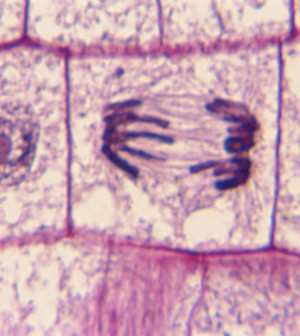- Could Your Grocery Store Meat Be Causing Recurring UTIs?
- Are You Making This Expensive Thermostat Error This Winter?
- Recognizing the Signs of Hypothyroidism
- 10 Strategies to Overcome Insomnia
- Could Artificial Sweeteners Be Aging the Brain Faster?
- Techniques for Soothing Your Nervous System
- Does the Water in Your House Smell Funny? Here’s Why
- Can a Daily Dose of Apple Cider Vinegar Actually Aid Weight Loss?
- 6 Health Beverages That Can Actually Spike Your Blood Sugar
- Treatment Options for Social Anxiety Disorder
New Clues to Sleeping Sickness

Parasites that cause sleeping sickness can be found on the skin of people with no symptoms of the disease, a new study finds.
Sleeping sickness affects 4,000 to 8,000 people in sub-Saharan Africa each year. People are generally infected by the bite of an infected tsetse fly, which transmits the parasites. Symptoms include fever, headaches, joint pain and itching.
The disease can be fatal if the parasites reach the central nervous system, according to the World Health Organization.
The new discovery suggests a need to revise the current screening method, which involves checking for the parasites in blood. It also raises the possibility that sleeping sickness could be eliminated in West Africa, according to the researchers.
“In recent centuries, sleeping sickness has almost been eradicated in West Africa on two occasions,” said study author Brice Rotureau, of the Pasteur Institute in France.
“But each time the disease has reappeared, with many infected individuals seemingly slipping through the net during screening campaigns and continuing to transmit the parasite,” Rotureau said in an institute news release.
“Now that we know where to look, we can seriously think about eradicating sleeping sickness in West Africa in the relatively near future — especially since the epidemiological situation, with cases at a record low, is ripe for action,” he said.
Rotureau said his research team hopes its work will give the World Health Organization a tool to launch an eradication campaign on all fronts.
The study findings were published recently in the journal e-Life.
More information
The U.S. Centers for Disease Control and Prevention has more on sleeping sickness.
Source: HealthDay
Copyright © 2026 HealthDay. All rights reserved.










